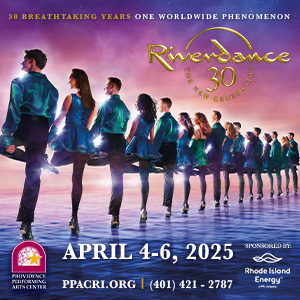My career as an educator includes responsibilities to myself, the discipline of dance, and Rhode Island College, the institution that I currently serve. I show up as an African American woman, prepared for the career that I have chosen.
Today I am at a place where I accept, acknowledge and sit in confidence of my chronological age and have matured into adulthood and womanhood. I am no longer offended by being called ma’am or Ms. and honor the knowledge, wisdom and experience that I enter with. Just as I have arrived at a deeper understanding of who I am, I am doing the same growth as an educator. As in my personal life, there are many facets that contribute to my identity of being an educator. As an educator you have responsibilities that are written, unwritten, required, suggested, optional, fluctuating and changed with leadership. Being an educator is an act of service. I arrive every day ready to serve my students, the discipline of dance and Rhode Island College.
My background of dancing at a Black dance studio as a child, professionally dancing for Cleo Parker Robinson Dance Ensemble, a modern dance company rooted in the African American experience, and attending a graduate school where the dance program was combating and in dialogue about racism and inclusion in dance, has prepared me for where we are as a society. And just as my background prepared me, recent events — #metoo, pronoun consciousness, decolonizing syllabi, and the Black Lives Matter movement — have made me change my approach to giving corrections in movement classes. I am conscious of preferred pronouns, have diversified resource authors the artists we study, and have introduced social justice topics into the classroom, which has been intimidating in the past.
Since starting at Rhode Island College, I felt it necessary that I be present on campus committees because of my race. How would it be perceived that I declined to be on a committee with the mission of diversity, equity, or inclusion? I am aware of the additional labor that this imposes, and I notice the toll that it is taking me. I fear that the alternative to not participate for the Black community that I am part of and represent.
I am an associate professor of dance at Rhode Island College. I was tenured and promoted before the age of 40. I share this accomplishment because it is a major career marker and only 3% of associate professors are African American females according to a fall 2018 study by the National Center Studies for Education Statistics. I have worked at two four-year institutions, and I am still learning and absorbing what the means for my students to have me as their professor, and not just the students of color. Representation matters, and that is a statement being repeated in many aspects of life in our current climate. Just like I have a desire for my students to think, reflect and act, I am doing the same with what does it means to be an African American woman in academia.
I am aware that being an African American woman in academia is powerful and it is my time for me to get comfortable in that seat and lean in.

